MLOps Platforms for Multi-Cloud AI: Streamlining Machine Learning Across Clouds
In today’s AI-driven world, enterprises are increasingly leveraging multiple cloud providers to avoid vendor lock-in, optimize costs, and scale their AI workloads efficiently. However, managing machine learning (ML) pipelines across diverse cloud environments can be complex. This is where MLOps platforms for multi-cloud AI come into play.
What are MLOps Platforms?
MLOps (Machine Learning Operations) platforms provide end-to-end automation for building, deploying, monitoring, and managing ML models. They standardize workflows and ensure models are reproducible, scalable, and production-ready.
Why Multi-Cloud?
-
Avoid Vendor Lock-in: Organizations can switch or use multiple clouds without being tied to a single provider.
-
Cost Optimization: Allocate workloads to the cloud offering the best price-performance ratio.
-
Regulatory Compliance: Deploy workloads in specific regions for data residency and compliance needs.
-
High Availability: Distribute workloads to enhance reliability and reduce latency.
Key Features of Multi-Cloud MLOps Platforms:
-
Cross-Cloud Model Deployment: Deploy ML models seamlessly across AWS, Azure, Google Cloud, and private clouds.
-
Unified Pipeline Management: Build, train, and monitor pipelines from a single interface.
-
Version Control & Experiment Tracking: Track model versions, datasets, and experiments across clouds.
-
Automated Scaling: Dynamically scale compute resources according to workload demands across clouds.
-
Security & Compliance: Ensure consistent security policies and data governance across multiple environments.
Popular Multi-Cloud MLOps Platforms:
-
Kubeflow: Open-source ML orchestration across Kubernetes clusters on any cloud.
-
MLflow: Platform-agnostic tool for experiment tracking and model deployment.
-
Weights & Biases: End-to-end tracking and collaboration for teams working across clouds.
-
Databricks: Unified data and AI platform with multi-cloud support.
Benefits of Multi-Cloud MLOps:
-
Accelerated AI development and deployment.
-
Reduced operational complexity.
-
Better resource utilization and cost savings.
-
Enhanced model governance and compliance.
Frequently Asked Questions (FAQs)
Q1: What is the difference between traditional MLOps and multi-cloud MLOps?
A: Traditional MLOps often works within a single cloud or on-premise setup. Multi-cloud MLOps enables workflows, model deployment, and monitoring across multiple cloud providers seamlessly.
Q2: Can I deploy the same ML model to different clouds using one platform?
A: Yes, multi-cloud MLOps platforms are designed to standardize deployment pipelines, enabling the same model to run across AWS, Azure, GCP, or private clouds.
Q3: Which challenges do multi-cloud MLOps solve?
A: They address vendor lock-in, inconsistent deployment processes, resource optimization, regulatory compliance, and monitoring of ML models across multiple environments.
Q4: Do I need Kubernetes for multi-cloud MLOps?
A: While not strictly necessary, Kubernetes simplifies cross-cloud orchestration and is widely used in platforms like Kubeflow for multi-cloud deployments.
Q5: Is multi-cloud MLOps more expensive than single-cloud MLOps?
A: Costs can vary. While managing multiple clouds may add complexity, it can also optimize spending by allocating workloads to the most cost-effective cloud provider.
Q6: Can multi-cloud MLOps platforms integrate with existing DevOps pipelines?
A: Yes, most modern platforms support CI/CD pipelines, version control, and monitoring tools to integrate seamlessly with DevOps practices.













 2025. All rights reserved
2025. All rights reserved